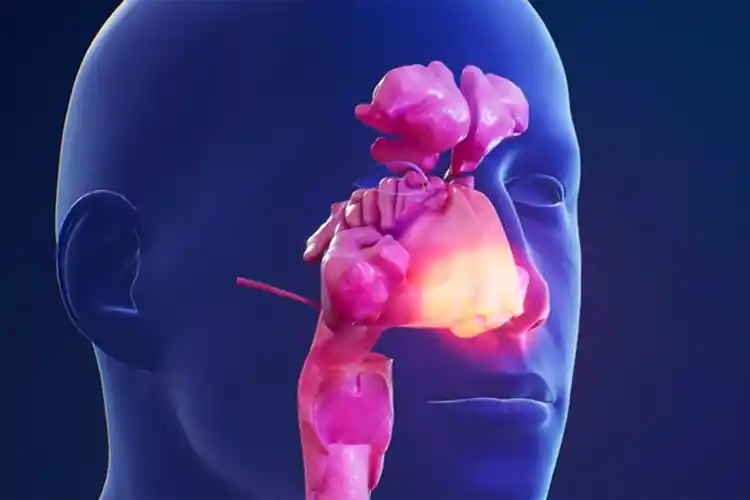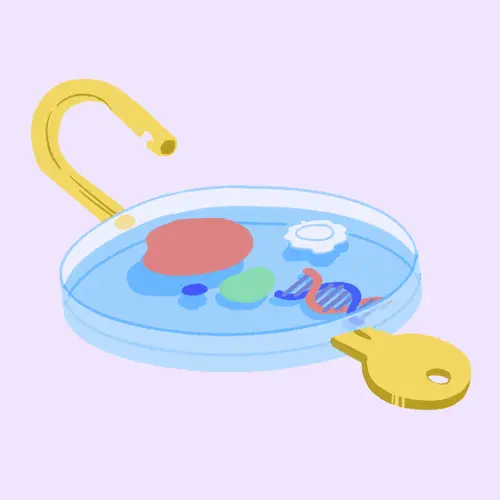An Inside Look at Chronic Sinusitis

Hide Video Transcript
Video Transcript
SPEAKER
Chronic sinusitis is a condition where inflammation and infection in your sinuses persists for extended periods of time without relief. Your sinuses work as a filter, creating mucus that drains around your head and nose to remove bacteria. When sinuses become blocked and filled with mucus, they cannot drain properly and become a breeding ground for bacteria. This can lead to symptoms like nasal congestion or discharge, post-nasal drip, headache, and pressure around your eyes, forehead, and cheeks.
Chronic sinusitis can be caused by abnormal growths in the sinuses called nasal polyps, allergies, infections, or other medical conditions. If you've had symptoms for more than 12 weeks, your doctor may do an exam and run tests to see what is causing the sinusitis.
Corticosteroid nasal sprays can help reduce inflammation. They can be used along with nasal irrigation that rinses out trapped mucus. Antibiotics or antihistamines can be used to treat acute sinusitis caused by either an underlying infection or allergy. When sinusitis does not respond to treatment, your doctor may recommend surgery to remove a polyp or nasal tissue.
